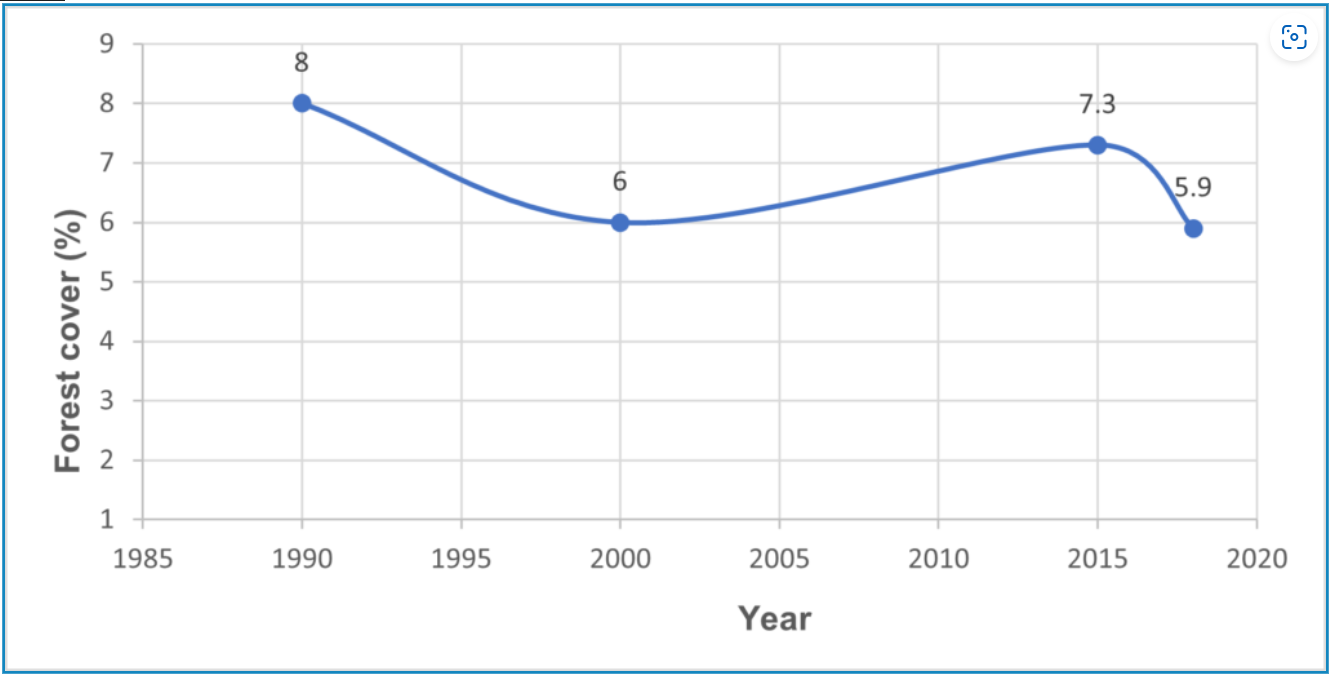Introduction
Rearing of livestock is a major economic activity of communities living in Arid and Semi-Arid Lands (ASALs) of Kenya. ASALs in Kenya are home to about 70% of the total national livestock herd in Kenya but banditry and lawlessness affect these areas, resulting in loss of lives and displacement of people. The National Police Service estimates that 82 security personnel lost their lives in the hands of bandits between 2012 and 2022. In 2022, 50 schools were closed due to banditry in Kerio Valley, according to the Kenya National Unions of Teachers. Evidently, banditry has had huge negative social and economic effects on ASALs.
In the past, banditry was viewed as a cultural practice used to test one’s bravery. Assailants now use sophisticated weaponry such as AK47, G-3 and M-16. Banditry and general lawlessness in ASALs are a menace and a threat to national security, peaceful co-existence and an impediment to economic growth and development. A report by the Parliamentary Committee on Administration and National Security highlighted that causes of banditry include competition over scarce resources, such as diminishing water and pasture lands, proliferation of arms and light weapons, revenge and counter revenge, political incitement, land and boundary disputes, low investments and marginalization of banditry prone areas.
Turkana, Baringo, West Pokot, Elgeyo Marakwet, Samburu and Laikipia are some of the most affected counties in Kenya. According to the National Crime Research Centre, in 2020, Laikipia, Turkana, Samburu and Elgeyo Marakwet counties recorded the highest percentages of cattle rustling crimes at 82%, 70%, 46% and 45.5%, respectively, compared to the national rate of 37.2% (Figure 1).
Figure 1: Theft of stock (including cattle rustling)

Data Source: National Crime Research Centre
Interventions Towards Addressing Banditry
The government has put in place several interventions to curb banditry in ASALs. In 2022 and 2023, the government-imposed curfews in banditry-prone counties, including Turkana, Elgeyo Marakwet, West Pokot, Samburu and Baringo and declared these areas as disturbed and dangerous areas. The government deployed heavy security personnel in 2017, 2022 and more recently in 2023. Further, the need to establish permanent presence of security services in banditry prone areas led the government to establish military and security training camps across vast areas of ASALs. In April 2022, the Kenya Defense Forces and the County Government of Turkana signed an agreement allocating 154,792 acres for military bases in the county. A similar agreement in Baringo to set up a training facility in Tiaty sub-county was, however, rejected by residents.
To bolster the legal framework with a view to deterring banditry, an amendment Bill to the Penal Code was introduced in 2016 that proposed stiffer penalties for cattle rustling in pastoral communities. The Bill proposed 15 years imprisonment upon conviction for stealing livestock and a 10-year sentence for a police officer who aids and abets cattle rustling. Another amendment Bill was introduced in 2021, which sought to sentence to death any person upon conviction for stealing livestock. Both Bills, however, never sailed through Parliament. In 2023, yet another Bill, the Prevention of Livestock and Produce Theft Bill was introduced by Senate, which proposed life imprisonment upon conviction for using violence or threat of violence in theft of livestock or produce. Like the previous Bills, it was also not passed.
The limited impact of security interventions in stopping banditry has led to widening the scope of interventions to include political and economic interventions. Sessional Paper No. 8 of 2012 on National Policy for Sustainable Development of Northern Kenya and other Arid Lands aimed to address three policy challenges in ASALs. First was how to close the development gap between ASALs and the rest of the country, second was how to protect mobility and institutional arrangements essential to productive pastoralism, and third how to ensure food nutrition security in ASALs. Addressing these policy challenges would provide a pathway to permanently ending livestock raiding and inter-communal violence.
Conclusion and Recommendations
While deploying security services has always provided quick relief, criticism of brutality by the services has always lingered. There is need for security services to adopt humane approaches in their security operations and incorporate the local population as stakeholders to guarantee sustainability of those operations and prevent opposition and fear from the very victims of banditry. Adherence to recognized human rights and the rule of law is important.
The legal framework surrounding banditry is weak. It is for this reason that the Penal Code needs to be amended to provide for stiff penalties for cattle rustling and any person who aids and abets it.
Sustainable peace will need to be accompanied with targeted political economy and economic interventions for marginalized communities in ASALs. It is therefore important to strengthen public participation in ASALs of Kenya.
Other areas of intervention include provision of social amenities such as schools, water, hospitals, and roads in hard-to-reach ASALs. Encouraging ASAL communities to enroll their children in school would reduce the low net enrollment rate in primary and secondary schools in these regions and eventually change the cultural beliefs on banditry.
To support efforts of both the National and County Governments, other stakeholders such as Non-Governmental Organizations, Faith-Based Organizations and Community-Based Organizations ought to be included. This will greatly compliment government efforts towards curbing banditry and cattle rustling in ASALs.
Authors: Faith Kimaiyo, KIPPRA Young Professional
John Kioko, KIPPRA Young Professional





